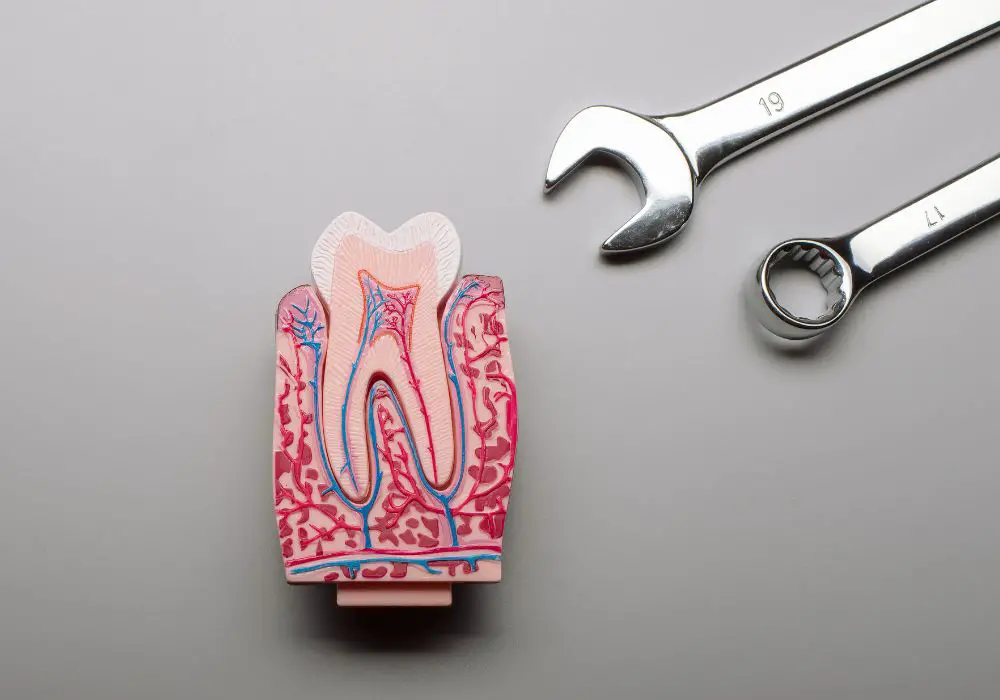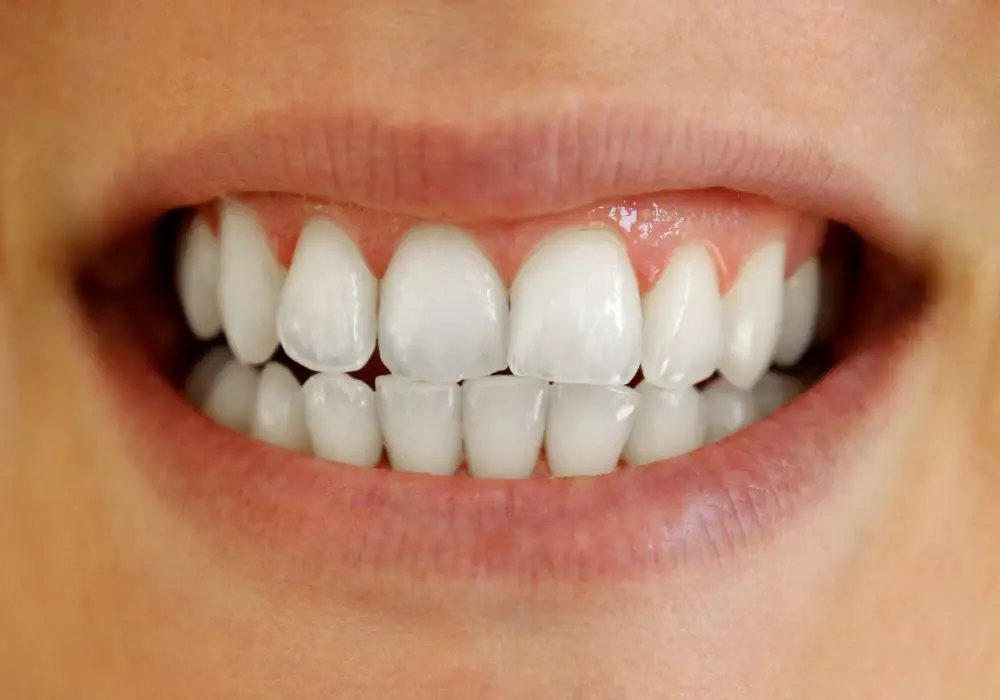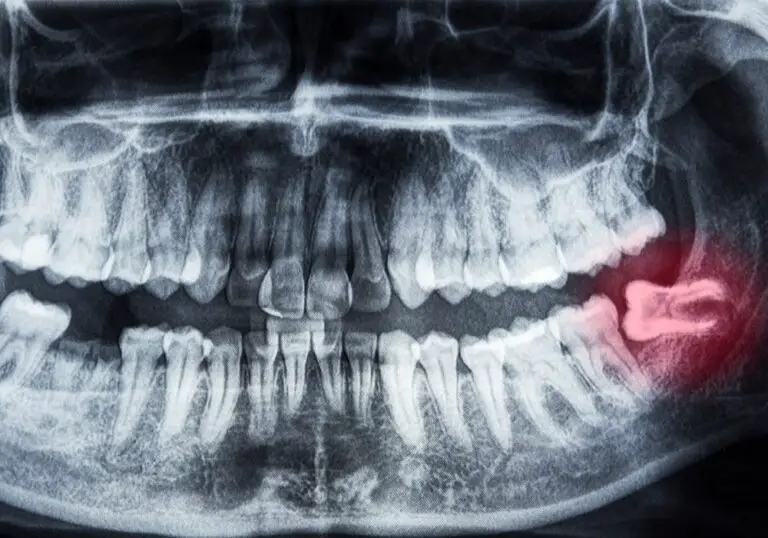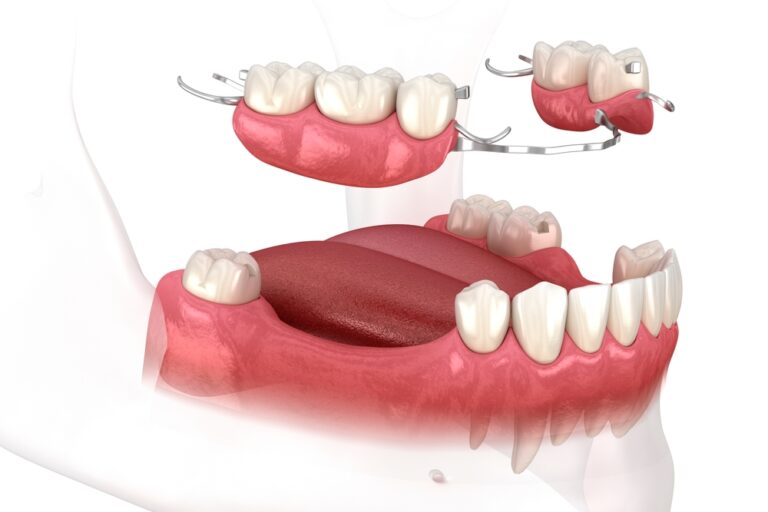Have you ever wondered how much weight your teeth can hold? Teeth are an essential part of our body, and we use them every day for various purposes such as biting, chewing, and speaking. But have you ever thought about how much force your teeth can exert when you bite down?
According to the search results, the amount of weight a tooth can hold depends on the type of tooth and the person’s gender. Incisors, which are the front teeth, can hold up to 20 kilogram-force (kgf) in male subjects, while molars can hold up to 50 kgf. However, it is essential to note that the results obtained for female subjects are typically lower by an average of 10 kgf.
The human tooth has four types: incisors, canines, premolars, and molars, each with a specific function. The incisors cut the food, the canines tear the food, and the molars and premolars crush the food. The roots of teeth are embedded in the maxilla (upper jaw) or the mandible (lower jaw) and are covered by gums. Knowing how much weight your teeth can hold can help you take better care of them and avoid damaging them by biting down on hard objects.
Understanding Tooth Structure

When it comes to understanding how much weight a tooth can hold, it’s important to first understand the structure of a tooth. A tooth is made up of different layers, each with its own unique properties that contribute to its strength and durability.
Enamel Strength
The outermost layer of a tooth is the enamel, which is the hardest substance in the human body. Enamel is made up of tightly packed mineral crystals that give it its strength and resistance to wear and tear. Enamel serves as a protective barrier for the softer, more vulnerable layers of the tooth, such as the dentin and pulp.
Dentin and Pulp Resistance
Beneath the enamel is the dentin, which is a softer, porous layer that makes up the majority of the tooth’s structure. Dentin is less resistant to wear and tear than enamel, but it still provides support and protection for the tooth.
At the center of the tooth is the pulp, which contains blood vessels and nerves that keep the tooth alive and healthy. The pulp is surrounded by dentin and protected by the enamel layer.
Overall, the strength of a tooth depends on the health and integrity of all three layers – enamel, dentin, and pulp. While enamel is the strongest layer, it is only one part of the tooth’s overall structure. A healthy tooth with strong enamel, dentin, and pulp can hold a considerable amount of weight, but it’s important to remember that teeth are not designed to withstand excessive force or pressure.
Factors Affecting Tooth’s Weight Bearing Capacity
When it comes to the weight bearing capacity of teeth, there are several factors that can impact how much weight a tooth can hold. These factors include tooth size, tooth position, age, and health.
Tooth Size
The size of the tooth can play a significant role in its weight bearing capacity. Larger teeth, such as molars, are generally better equipped to handle more weight than smaller teeth, such as incisors. This is because larger teeth have stronger roots and are designed to withstand more force.
Tooth Position
The position of the tooth in the mouth can also impact its weight bearing capacity. Teeth that are located towards the back of the mouth, such as molars, are typically better able to handle more weight than teeth located towards the front of the mouth, such as incisors. This is because teeth towards the back of the mouth are designed to withstand more force when chewing.
Age and Health
The age and health of the tooth can also impact its weight bearing capacity. As we age, our teeth can become weaker and more prone to damage. Additionally, teeth that are damaged or decayed may not be able to handle as much weight as healthy teeth. It is important to maintain good oral hygiene and regularly visit a dentist to ensure that your teeth are healthy and strong.
In summary, the weight bearing capacity of a tooth can be impacted by several factors, including tooth size, tooth position, age, and health. It is important to take care of your teeth and maintain good oral hygiene to ensure that they are strong and healthy enough to handle the weight they need to bear.
Scientific Studies on Tooth Load Bearing

When it comes to determining how much weight a tooth can hold, scientific studies have been conducted to test the load-bearing capacity of teeth. These studies have provided valuable information on the strength of teeth and the factors that affect their ability to bear weight.
One study evaluated the load-bearing capacity of teeth by subjecting them to a compression load until failure, which was defined as cusp fracture. The results showed that the load-bearing capacity of teeth varied depending on the tooth type and the direction of the load. For example, molars were found to have a higher load-bearing capacity than premolars, and vertical loads were found to be more damaging than horizontal loads.
Another study evaluated the load-bearing capacity of inlay-retained resin-bonded fixed dental prostheses (RBFDPs) made of different materials. The study found that the load-bearing capacity of RBFDPs varied depending on the material used, with zirconia-based RBFDPs having the highest load-bearing capacity.
In addition to load-bearing capacity, studies have also examined the factors that affect the strength of teeth. One study investigated the load-bearing ratio between mucosa and abutments beneath an overdenture. The study found that the load-bearing ratio varied depending on the type of abutment used and the amount of mucosa present.
Overall, scientific studies have provided valuable insights into the load-bearing capacity of teeth and the factors that affect their strength. By understanding these factors, dental professionals can better design dental prostheses and treatments that can withstand the forces placed on them by the natural movements of the mouth.
Comparative Analysis with Common Objects
When it comes to understanding the strength of a tooth, it can be helpful to compare it to other common objects. Here is a comparative analysis of how much weight a tooth can hold in comparison to other objects:
- A tooth can hold approximately 0.2-0.3 kg of weight. This is roughly equivalent to the weight of a small apple or a light bulb.
- In comparison, a human hair can hold up to 100 grams of weight, while a paperclip can hold up to 20 grams. This means that a tooth is significantly stronger than both a hair and a paperclip.
- However, a tooth is not as strong as some other common objects. For example, a pencil can hold up to 4 kg of weight, while a quarter can hold up to 8 kg. This means that a tooth is much weaker than both a pencil and a quarter.
- It’s important to note that the strength of a tooth can vary depending on a number of factors, including its size, shape, and condition. Additionally, different types of teeth may have different levels of strength. For example, molars are typically stronger than incisors.
- Despite its relatively low weight-bearing capacity, a tooth is still an incredibly important part of the human body. It allows us to chew our food, speak clearly, and maintain the structure of our jaw and face.
Overall, while a tooth may not be the strongest object in the world, it is still an impressive feat of nature. Its ability to withstand the forces of chewing, biting, and grinding is a testament to the resilience of the human body.
Safety Considerations When Applying Weight on Teeth

When it comes to applying weight on your teeth, it is essential to take certain safety considerations into account to avoid any potential damage. Here are some things to keep in mind:
1. Know the weight limit
Your teeth can exert an average of 200 pounds of pressure when you bite down. However, this doesn’t mean that they can withstand the same amount of weight when pressure is applied from the outside. It is essential to know the weight limit of your teeth and not exceed it to avoid any damage.
2. Avoid using your teeth as tools
Using your teeth as tools can lead to chipping or cracking, which can weaken the tooth and make it more susceptible to damage. Avoid using your teeth to open packages, bite your nails, or hold objects.
3. Wear protective gear
If you are engaging in activities that involve applying weight on your teeth, such as contact sports or weightlifting, it is essential to wear protective gear. Mouthguards can help absorb the impact and prevent damage to your teeth.
4. Seek professional advice
If you are considering applying weight on your teeth for any reason, it is crucial to seek professional advice from a dentist or orthodontist. They can assess your teeth and provide guidance on the best way to proceed safely.
By keeping these safety considerations in mind, you can avoid potential damage to your teeth when applying weight.
Frequently Asked Questions
What is the maximum weight a tooth can handle?
The weight a tooth can hold varies depending on the type of tooth and the person’s gender. According to research, incisors can hold up to 20 kilogram-force (kgf), while molars can hold up to 50 kgf in male subjects. However, it’s important to note that teeth are not designed to bear heavy weight, and excessive force can cause damage.
How much pressure can teeth withstand?
Teeth can exert an average of 200 pounds of pressure when you bite down. However, the amount of pressure teeth can withstand depends on various factors such as tooth structure, age, and overall dental health.
What is the weight limit for biting and chewing?
While teeth are strong and durable, they have their limits. The weight limit for biting and chewing depends on the type of food and the strength of your teeth. Hard and crunchy foods can put more pressure on your teeth and may cause damage if you bite down too hard.
How does tooth structure affect its weight-bearing capacity?
Tooth structure plays a significant role in determining the weight-bearing capacity of teeth. The outermost layer of the tooth, enamel, is the hardest substance in the human body and provides protection against wear and decay. Dentin, the layer beneath the enamel, is softer and more vulnerable to damage. The pulp, which contains nerves and blood vessels, is the innermost layer of the tooth and can be easily damaged by excessive force.
Can teeth be damaged by excessive weight?
Yes, teeth can be damaged by excessive weight. Biting down too hard on hard objects or using your teeth as tools can cause chips, cracks, and fractures. Additionally, excessive force can cause the tooth to shift or loosen, leading to more severe dental problems.
What are the consequences of putting too much weight on teeth?
Putting too much weight on teeth can lead to various dental problems such as tooth sensitivity, pain, and even tooth loss. Excessive force can also cause damage to the gums, jawbone, and surrounding teeth. It’s essential to practice good oral hygiene and avoid putting excessive force on your teeth to prevent these problems.







